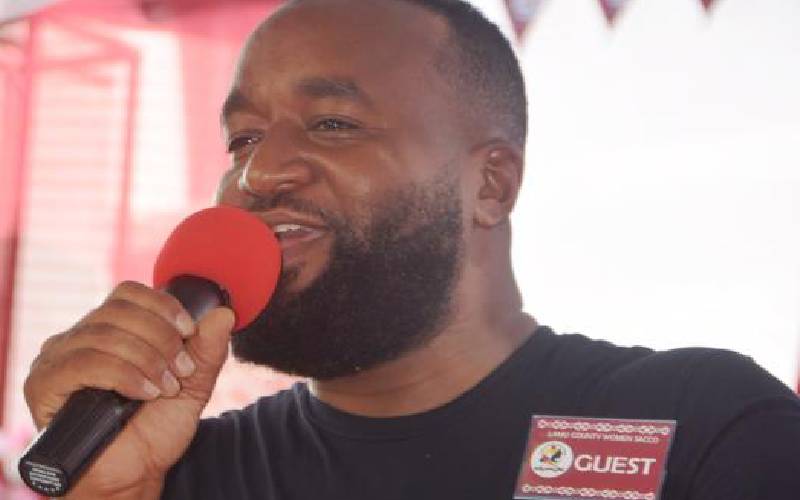×
The Standard e-Paper
Kenya’s Boldest Voice

Mombasa Governor Hassan Joho. [Standard]
Political divisions at the Coast are widening, following re-emergence of what appears to be ethnic blocks ahead of the 2022 elections.